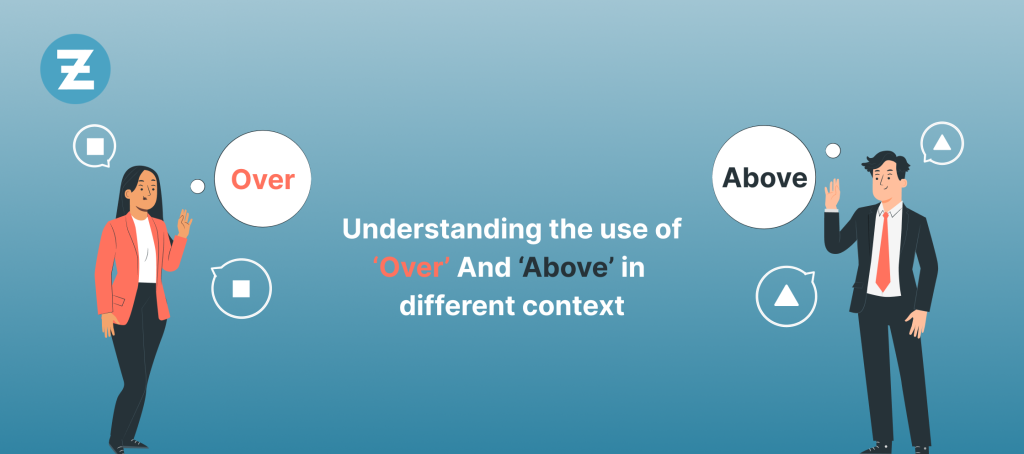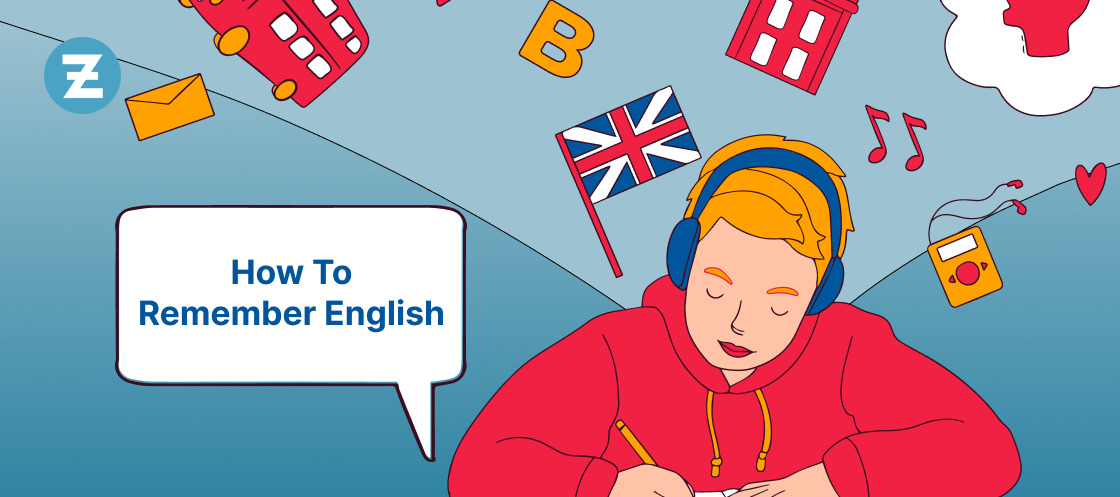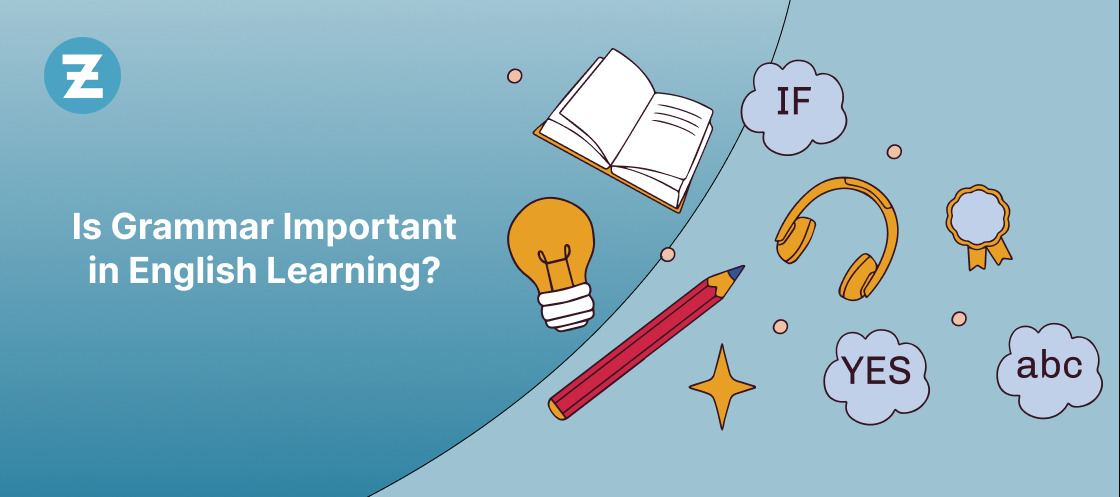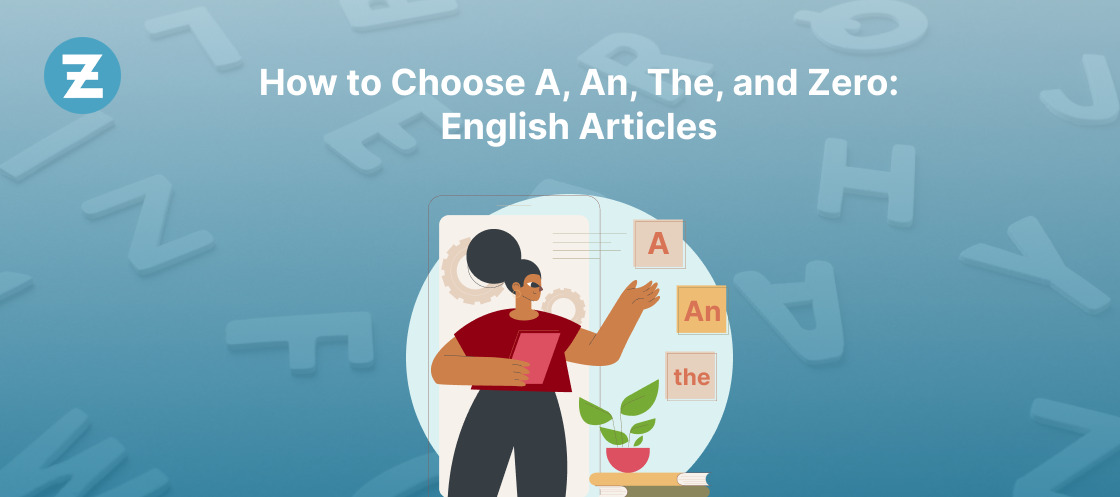Nuances are important in the English language. Even more so is understanding two words that seem to be interchangeable. “Over” and “above” are those words. Although they may seem similar, using them in the correct scenario is crucial for anyone who speaks English, even if you’ve been speaking it for a while. If you can master when to use which word, your language prowess will skyrocket. In this article we’ll examine and explain these two words to give you a better understanding of how to use them.
Read Also: Expert Tips and Tricks for Effortless Learning
Defining ‘Over’ and ‘Above’
Before we can start to explore, let’s make sure we know what “over” and “above” mean.
Over:
When something covers or extends across a particular area, you would use “over.” It usually means spatial proximity and movement from one position to another in a vertical or horizontal manner.
Above:
‘Above,’ on the other hand, implies a higher position, either vertically or metaphorically. It signifies something being at a higher level in terms of space or importance.
When to use Above:
The word “above” is commonly used in the English language in various contexts. Here are some of its primary usages:
1. Spatial Relationship:
Above as a Preposition: “above” is used to show that one thing is higher than another.
- Example: The painting is hanging above the fireplace.
Above as an Adjective: It’s also an adjective when you’re talking about something that’s at a higher level.
- Example: The above statement is true.
2. Numerical or Statistical Reference:
Above as an Adjective: It is when you use a number or quantity to raise the bar on a comparison.
- Example: The temperature is above 30 degrees Celsius.
3. In Writing and Documents:
Above as an Adjective: In formal writing, it’s common to use “above” to refer to something mentioned earlier.
- Example: Please read the instructions above for clarification.
4. General Comparison:
Above as an Adjective: This is used as a way to compare or refer to something that was mentioned earlier.
- Example: She values honesty above all other virtues.
5. Web and Document Design:
Above as a Preposition: Web design uses this symbol to show a higher position on a webpage.
- Example: Click the link above to learn more.
6. Hierarchy or Authority:
Above as a Preposition: It can mean a higher rank or position in organizations or social structures.
- Example: When we’re talking about the corporate structure, the manager’s role is above the assistant’s. However, keep in mind that this can change based on context or the specifics of a field.
| Enhance Your Communication. Speak Better English With Zoundslike!! |
Using ‘Over’ in Different Scenarios
Over as a Spatial Indicator
In the physical realm, ‘over’ is used to indicate a covering or a movement from a higher place to a lower one. For example, “The painting is over the fireplace,” clearly denotes a spatial relationship.
Over as a Quantifier
‘Over’ can also represent exceeding a specific quantity or number. For instance, “The project is over budget,” signifies that the expenses have surpassed the planned amount.
When to use Over
1. Spatial Relationship:
Over as a Preposition: It’s used to show movement or being positioned above or going across something.
- Example: The plane flew over the mountains.
Over as an Adverb: This one shows moving across or past a location.
- Example: The cat jumped over the fence.
2. Time:
Over as a Preposition: It is used to indicate a period when something happens or is complete
- Example: She finished her homework over the weekend.
Over as an Adverb: It can also be used to indicate the amount of time
- Example: They stayed up talking over the night.
3. Quantity or Extent:
Over as a Preposition: It’s used to show a higher extent, degree or quantity.
- Example: The water levels went over the dam.
Over as an Adverb: It can show excessive or more than a particular amount.
- Example: She had over 100 unread emails in her inbox.
4. Physical Covering:
Over as a Preposition: It can indicate something covering or being on top of something else.
- Example: He placed a blanket over his shoulders.
5. Control or Authority:
Over as a Preposition: It denotes control or influence.
- Example: She has authority over the entire department.
6. Change or Transformation:
Over as a Preposition: The word “over” is used to show change or transformation, and how something was done in the past.
- Example: After the years have passed, the business has gone through a major over haul.
7. Expressions:
Over as a Preposition: It’s jammy and used in a lot of idiomatic expressions. Like “over and over” (repeatedly) or “get over” (recover from).
- Example: He played the song over and over until he learned all the lyrics.
The English language is wild. It’s crazy how you can say one word but it’ll mean something different depending on the context, like “over.” The meaning of your sentence can completely change with the words you use. So it’s super important to be aware of where and how you use it.
Read Also: A Step-by-Step Guide to Enhance Your English Accent
Differentiating Between ‘Over’ and ‘Above’ in Complex Situations
Overlapping Usage
When it comes to writing, the words ‘over’ and ‘above’ are so similar that it can be frustrating. The good thing is that we have context to help us choose the right one.
- Examples of Overlapping Usage
“The plane flew over the clouds.” In this case we can use both ‘over’ and ‘above.’ But ‘over’ is better because it tells us there was a physical covering.
Conclusion
Learning the difference between ‘over’ and ‘above’ is important for effective communication. Each word has its own purpose, but it can be hard to use them properly. “Over” is used to describe a relationship in space or quantity. While “above” implies a higher position or importance. Understanding these small differences will help you speak more precisely and clearly. To enhance your English language proficiency, download the free Zoundslike app. Play interactive games with a partner, effortlessly and improve english language skill.
FAQs
Q1: Is there any situation where ‘over’ and ‘above’ can be used interchangeably?
While there are overlapping situations, it’s essential to consider context. Generally, ‘over’ implies covering, whereas ‘above’ suggests a higher position or importance.
Q2: Can ‘above’ be used to indicate exceeding a specific quantity?
No, ‘above’ does not indicate exceeding a quantity. It is used for higher position or importance, whereas ‘over’ can indicate exceeding a specific number.
Q3: Is there a metaphorical usage of ‘over’ similar to ‘above’?
Not commonly. ‘Above’ is predominantly used in metaphorical contexts to imply a higher standard or rank.
Q4: Can ‘over’ be used when talking about something metaphorically higher in importance?
No, ‘over’ is generally used for physical relationships or exceeding a quantity. For metaphorical importance, ‘above’ is the appropriate choice.
Q5: Are there any regional differences in the usage of ‘over’ and ‘above’?
The basic distinctions between ‘over’ and ‘above’ are consistent in standard English. Regional differences might exist in colloquial or dialectical forms, but these nuances are universal in formal English usage.








